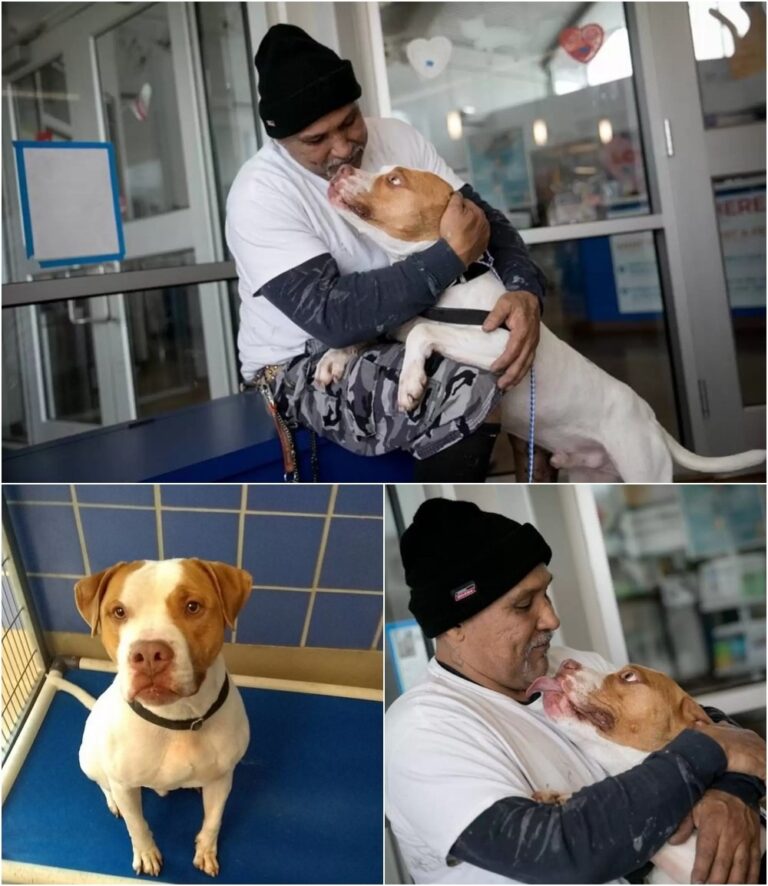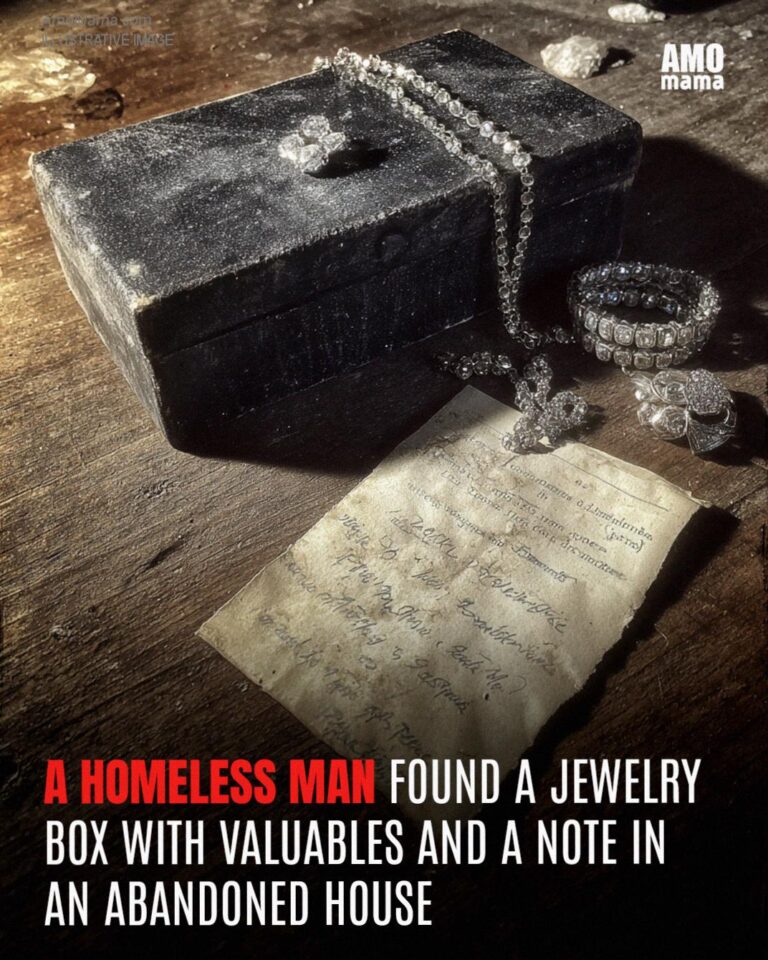
I spent three decades in medicine. I’ve seen the worst of accidents, hopeless cases, and people breathing their last breaths in front of me. Nothing could shake me. At least, that’s what I believed — until one night forced me to walk away from the profession forever.
It began with a phone call. The voice on the other end was calm, polite, yet unsettling. They said they needed me for a private consultation — urgent, and very unusual. A man had suddenly lost his ability to speak. No pain, no illness, just silence. They offered me a sum of money so large, I thought they were joking. More than I could earn in years, all for one house call. Against my better judgment, I agreed.
That night, my clinic felt colder than usual. At exactly midnight, the patient arrived. He wasn’t alone. Two men escorted him inside. I don’t even know if I should call them “men.” Their movements were rigid, their eyes never blinked, and their expressions never changed. They stood behind him like shadows.
The patient himself looked exhausted. Pale skin, trembling hands, eyes darting around the room. He tried to speak, but not a sound escaped. It was as if his voice had been stolen. I asked him to open his mouth.
The moment I looked down his throat, a chill ran through me. Everything appeared… perfect. Too perfect. The tissues were smooth, spotless, almost artificial. No swelling, no dryness, no normal flaws a human throat should have. It was like looking at a sculpted model rather than living flesh.
Before I could speak, a loud thud made me jump. A crow had landed on the window, staring inside with cold, intelligent eyes. It didn’t move, didn’t blink. Just stared. The patient noticed and immediately panicked, his whole body trembling as if he’d seen a predator.
I tried to calm him, but suddenly he began coughing violently. He clutched his chest, leaned forward, and then it happened — thick, black liquid poured from his mouth. It wasn’t just spit or blood. It was tar-like, sticky, bubbling as it hit the floor. The smell hit me next — metallic like blood, but also smoky, burnt, rotten all at once. My stomach churned.
The two men behind him didn’t move. They didn’t even react. They simply watched.
I backed away, horrified. No disease I’d ever studied could explain this. No infection, no disorder, nothing human could make that kind of substance come out of a body.
The patient looked at me with desperate, pleading eyes. His mouth opened and closed as though he wanted to scream, but still no sound came out. Only silence, broken by the sound of the crow tapping at the glass.
That was the moment I knew — this wasn’t a medical case. This wasn’t human.
I handed back their money and told them to leave. They walked out quietly, as if nothing unusual had happened. The black sludge remained on the floor long after they were gone. By morning, it had dried into flakes that looked like ash.
The next day, I locked up my clinic and never practiced medicine again.
And sometimes, late at night, I swear I still hear the faint tapping of a crow at my window.




